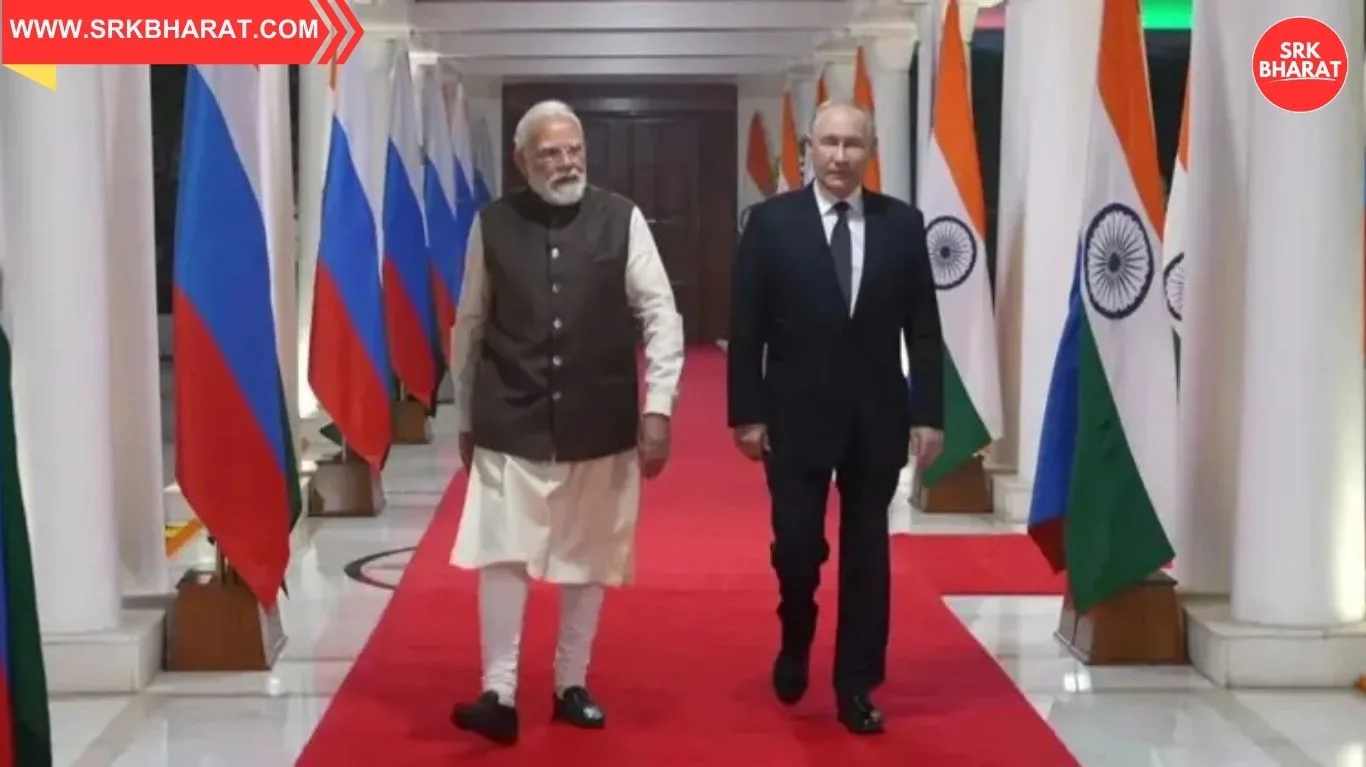In a significant development that underscores escalating tensions in the region, Pakistan has officially admitted to suffering military casualties during India’s Operation Sindoor, a move that signals both acknowledgment and the gravity of cross-border engagements. This admission, coming amid heightened diplomatic sparring and military signaling, adds a new dimension to South Asia’s volatile security landscape.
Operation Sindoor, which India claims was aimed at neutralizing terror launchpads and preventing cross-border infiltration, has been a subject of heated debate in international and regional circles. While India described it as a precise, intelligence-led action, Pakistan initially downplayed its impact. However, the recent admission of casualties by the Pakistani military marks a shift in narrative, exposing the extent of the fallout.
What is Operation Sindoor?
Operation Sindoor was launched by the Indian armed forces with the stated objective of dismantling terror infrastructure across the Line of Control (LoC). According to strategic experts, the operation was carefully timed to address repeated violations, infiltration attempts, and attacks targeting Indian security forces in border regions.
Key highlights of the operation:
- Targets: Terror safehouses and military installations supporting infiltration.
- Execution: Precision strikes with coordinated air and ground support.
- Outcome (as per Indian sources): Several launchpads destroyed, multiple militants neutralized.
Pakistan, on the other hand, contested India’s version, alleging that the operation targeted military positions and civilian areas. While its official stance initially denied major losses, the admission of military casualties now indicates the seriousness of the operation.
Pakistan’s Admission and Its Implications
Pakistan’s acknowledgment of casualties is significant for several reasons:
- Strategic Impact – It signals that Indian operations have been more effective than earlier conceded.
- Diplomatic Angle – Admission of casualties may bolster India’s case in international forums where New Delhi argues it is combating cross-border terrorism.
- Domestic Politics in Pakistan – The military’s acknowledgment could trigger criticism within Pakistan, where the army is often under pressure to project strength.
- Military Posturing – Pakistan may use the admission to justify escalatory responses or mobilization along the border.
India’s Perspective on Operation Sindoor
India has presented Operation Sindoor as a measured response to persistent cross-border terrorism. According to Indian defense analysts, the operation was necessary to send a strong message and reduce future infiltration.
Some of the key talking points from the Indian side include:
- The operation was not an act of provocation but a defensive counter-terrorism measure.
- It demonstrated India’s commitment to a zero-tolerance approach toward terror sanctuaries.
- The success of the operation reflects India’s enhanced intelligence and precision-strike capabilities.
Regional and Global Reactions
The international community has been monitoring developments closely. While most global powers have urged restraint and dialogue, the acknowledgment of casualties by Pakistan adds weight to India’s claims of militant infrastructure across the border.
| Stakeholder | Likely Reaction | Strategic Outcome |
|---|---|---|
| India | Victory in counter-terrorism narrative | Enhanced global legitimacy |
| Pakistan | Acknowledgment may trigger domestic debate | Possible escalation along LoC |
| United States | Calls for de-escalation, balanced approach | Support for counter-terrorism but urge restraint |
| China | Likely backing of Pakistan diplomatically | Heightened India-China-Pak dynamic |
| United Nations | Advocacy for peace talks | Possible renewed dialogue initiatives |
Historical Context: India-Pakistan Military Engagements
The admission of casualties during Operation Sindoor fits into a broader pattern of military engagements between India and Pakistan.
| Year | Operation/Incident | Outcome |
|---|---|---|
| 1999 | Kargil War | India recaptures positions, Pakistan faces heavy losses |
| 2016 | Surgical Strikes | India targets terror launchpads, Pakistan denies casualties |
| 2019 | Balakot Airstrikes | India hits terror camps, Pakistan retaliates, escalates tensions |
| 2025 | Operation Sindoor | Pakistan admits casualties, tensions rise again |
This trajectory indicates that while both nations have engaged in limited-scale confrontations, each incident contributes to long-term instability and mistrust.
Possible Scenarios Ahead
Military experts suggest three possible trajectories in the aftermath of Pakistan’s admission:
- Controlled Tensions – Both sides maintain aggressive rhetoric but avoid escalation.
- Escalation along LoC – Increased shelling, infiltration, and cross-border exchanges.
- Diplomatic Engagement – Global pressure pushes India and Pakistan into dialogue, though with limited results.
The likelihood of controlled tensions remains highest, but the unpredictable nature of South Asian geopolitics means escalation cannot be ruled out.
Domestic Implications in India and Pakistan
- India: The government may leverage Operation Sindoor as proof of its firm national security policy. It may also help consolidate political support domestically, particularly ahead of elections.
- Pakistan: The acknowledgment of casualties could create political pressure on the military establishment, which is often portrayed as the nation’s ultimate security guarantor. Opposition voices may use this moment to question the army’s preparedness and strategic judgment.
Security and Economic Linkages
Geopolitical tensions between India and Pakistan do not exist in isolation; they have direct economic consequences.
| Sector | Impact of Tensions |
|---|---|
| Trade | Limited formal trade already restricted, black-market trade may rise |
| Stock Markets | Indian markets may see temporary volatility |
| Defense Spending | Both countries may divert more funds to military expenditure |
| Regional Investment | Investors may tread cautiously in South Asia |
The economic angle underscores why both countries face pressure to balance aggression with restraint.
Conclusion
The acknowledgment that Pakistan suffered military casualties during India’s Operation Sindoor has reshaped the narrative of cross-border military engagements. For India, it reinforces the message of capability and determination to counter terrorism. For Pakistan, it poses challenges both domestically and internationally, as denial gives way to reluctant acknowledgment.
While the future trajectory remains uncertain, the admission highlights the pressing need for confidence-building measures, backchannel diplomacy, and sustained counter-terrorism efforts to ensure that South Asia does not slide further into instability.
Disclaimer: This article is based on available reports and expert analyses. The details of Operation Sindoor and casualty figures remain contested, and interpretations vary across official and unofficial sources. Readers are advised to consider multiple perspectives while evaluating ongoing developments.












рейтинг компаний seo оптимизации http://reiting-seo-kompanii.ru .